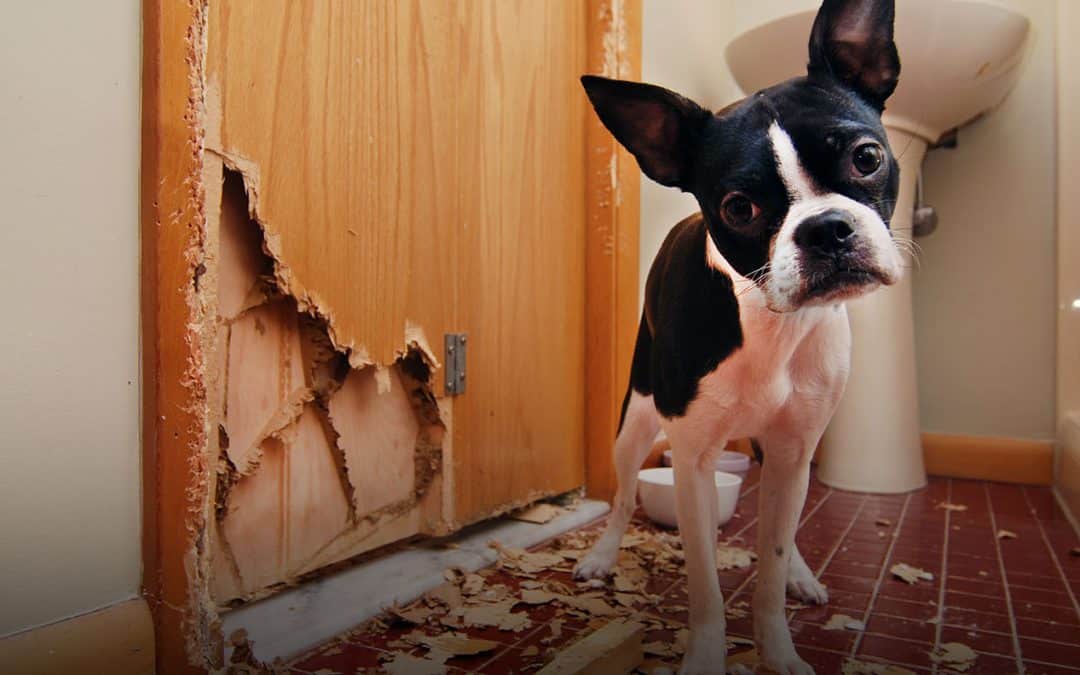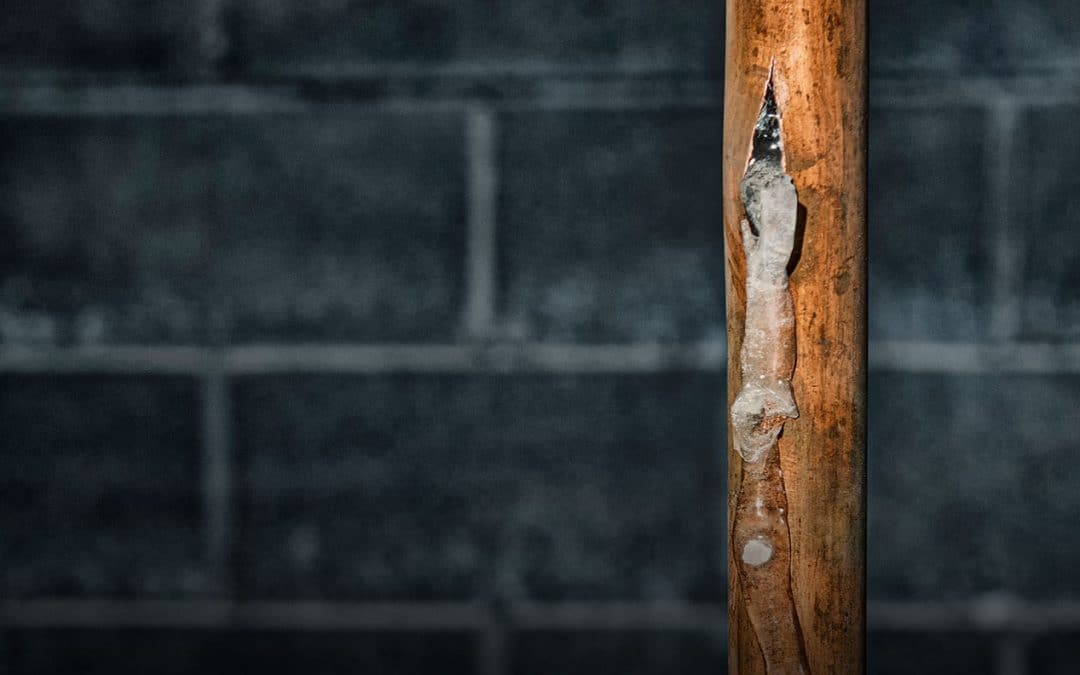Having water damage in your home can be costly. That’s why it’s important to not only make sure you properly maintain your home, but that you have the right home insurance coverage.
According to iProperty Management, the average home insurance claim for water damage is $11,098. Water damage emergencies impact 14,000 people daily and collectively cost the insurance industry up to $20 billion annually.
Causes of water leaks
Flooding and storm damage can be causes of water damage to your home but experts say they are not the most common. Among the most common causes of water damage that can occur inside your home are:
- AC leak
- Clogged drains
- Clogged gutters
- Corroded pipes
- Damaged appliances
- Dripping faucets or showerheads
- Faulty HVAC system
- Frozen pipes
- Leaky roof
- Sewage backup
- Sump pump failure
What you can do to prevent water leaks
By keeping up with routine maintenance projects and inspecting things regularly, you will save yourself from more complicated repairs down the road. Among some of the things This Old House recommends you do to prevent water damage are:
![]() Check pipes and faucets
Check pipes and faucets
Pipes and faucets should be checked to see if they are cracked or leaking. Indications of leaking could be rust-colored water, small puddles, extra moisture, and noisy pipes.
![]() Check hoses
Check hoses
Hoses belonging to dishwashers, washing machines, and refrigerator icemakers should also be inspected regularly. While hoses should be replaced every 5 to 7 years, any hose that has a leak or crack should be replaced immediately.
![]() Inspect showers and tubs
Inspect showers and tubs
In addition to checking the showerhead for leaking, make sure you check the seal and caulking around the shower and tub. If not, reseal to make sure they are watertight.
![]() Inspect water heaters
Inspect water heaters
Water heaters should be regularly inspected by a licensed plumber to make sure they are working properly and to make sure they are not leaking.
![]() Keep pipes from freezing
Keep pipes from freezing
To avoid a frozen or burst pipe, keep the temperature in your home above 50 degrees to help keep indoor lines from freezing when it’s cold.
![]() Clean gutters
Clean gutters
Cleaning your roof gutters should be done at least twice a year. One reason is that when gutters are too filled with debris, they can cause water to leak onto your roof, causing structural issues. Keeping them clear also helps to prevent ice dams.
![]() Monitor your water bill
Monitor your water bill
Any major increases to your water bill could indicate an issue with your plumbing or supply line. If you’re not sure if you have a problem, This Old House recommends going two hours without using any water, then going out to read your water meter. If the meter changes after the two hours, you most likely have a water leak.![]() Install a water-leak detector
Install a water-leak detector
Third-party water-leak detectors and monitoring services are able to alert you via your smart phone if there is a problem. When a leak is detected, many have an automatic shut-off system and then will arrange an approved expert plumber to find and fix the leak.
What to do if you have a major leak
Should you have a major leak in your home, it’s good to know where the main water shut-off valve is located. Shutting off the water supply will minimize the amount of damage to your home. In addition, the Insurance Information Institute recommends installing an emergency pressure release valve in your plumbing system. By doing so, you can prevent your pipes from bursting.
Does homeowners insurance cover water leaks?
A standard homeowner’s policy with MAPFRE will usually cover your losses should certain events like a major fire, heavy rain, or heavy snow damage your home’s interior or exterior. However, water damage events not typically covered under your standard homeowner’s policy include:
- Flood damage – surface water
- Water damage resulting from lack of maintenance or negligence
- Repair of a source of leak (e.g. water heater or washing machine)
- Water and sewer back up
- Groundwater that enters through basement walls and floors
There are supplemental coverages available from MAPFRE for Water and Sewer Backup Coverage and other property add-on endorsements available to extend your peace of mind. Make sure you have the right coverage for your home by talking to an independent agent in your state. If you’re not insured with MAPFRE yet and live in Massachusetts, get a fast, free home insurance quote today to get outstanding coverage and to see how much you could save!



